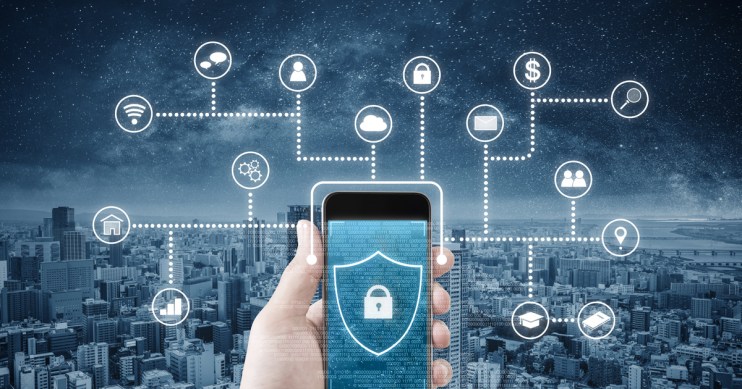
Fraudsters will “exploit any weakness” to commit financial crime

Scammers will use every opportunity to commit insurance fraud, from taking advantage of the panic around COVID-19 to exploiting opportunities presented by digital technologies.
In times of crisis, there’s usually an upturn in fraud and financial crime. That’s just a historical fact.
It happened in the aftermath of the 2008 financial crash, and Chris Andrew — Global Insurance Fraud Lead with BAE Systems — is concerned that it will happen again as the world struggles with the economic fallout from the coronavirus outbreak.
Business continuity plans in most organizations have been engaged not because of Covid-19, but because of the increased demand expected due to the uncertainty around it. These plans must be scaled to cater for a larger number of claims and inquiries that could come in large amounts over an extended period of time.
“They must ensure those plans are robust,” says Andrew. “For example, insurers are now experiencing a surge in travel claims. The trouble is, more agents will be working remotely, which creates additional strain on IT networks and limits access to the full range of systems that insurers would normally use. This creates vulnerabilities in their decision-making and validation processes; increasing the possibility that fraudulent claims will be paid. Insurers have to ask how accurately and securely those claims can be validated in this challenging new environment.”
Evolving technology enables criminals to commit fraud
If there’s one thing scammers thrive on, it’s vulnerability. For instance, Andrew notes that phishing campaigns using COVID-19 as a cover are now rife and targeting both individuals and companies.
“Phishing is the most widely used scam from a cyber-security and cyber risk perspective,” says Andrew. “The advice is, if you don’t recognise an email you receive, don’t open the attachment. Remain particularly vigilant during this time, and don’t let the global concerns regarding coronavirus impact your decision-making.”
Two-way trust is essential, because there are many ways in which criminals can hijack communications and defraud both companies and individuals.
Insurers and customers should be aware that digitalisation, which is designed to make life easier for consumers, creates unwitting opportunities for fraudsters.
“As insurers become less customer-facing online, how do they make sure they are interacting with the right individuals in the right way?” says Andrew. “How do aggregators — and the insurer who eventually takes on a policy — verify that someone is who they say they are, particularly with ID theft and account takeovers on the increase?”
Some insurers will be able to defend against this type of activity – but others will be less able to do so, he notes.
“Fraudsters will exploit any kind of weakness, and that includes targeting aggregator channels, brokers or intermediaries. The criminal is always finding new and innovative ways to operate – and, unfortunately, advancements in technology continue to support their efforts.”

This article originally appeared in Business and Industry’s Financial Crime campaign.
Learn more from BAE Systems
Article source: Chris Andrew, Chris Andrew, Counter Fraud Director, BAE Systems Applied Intelligence